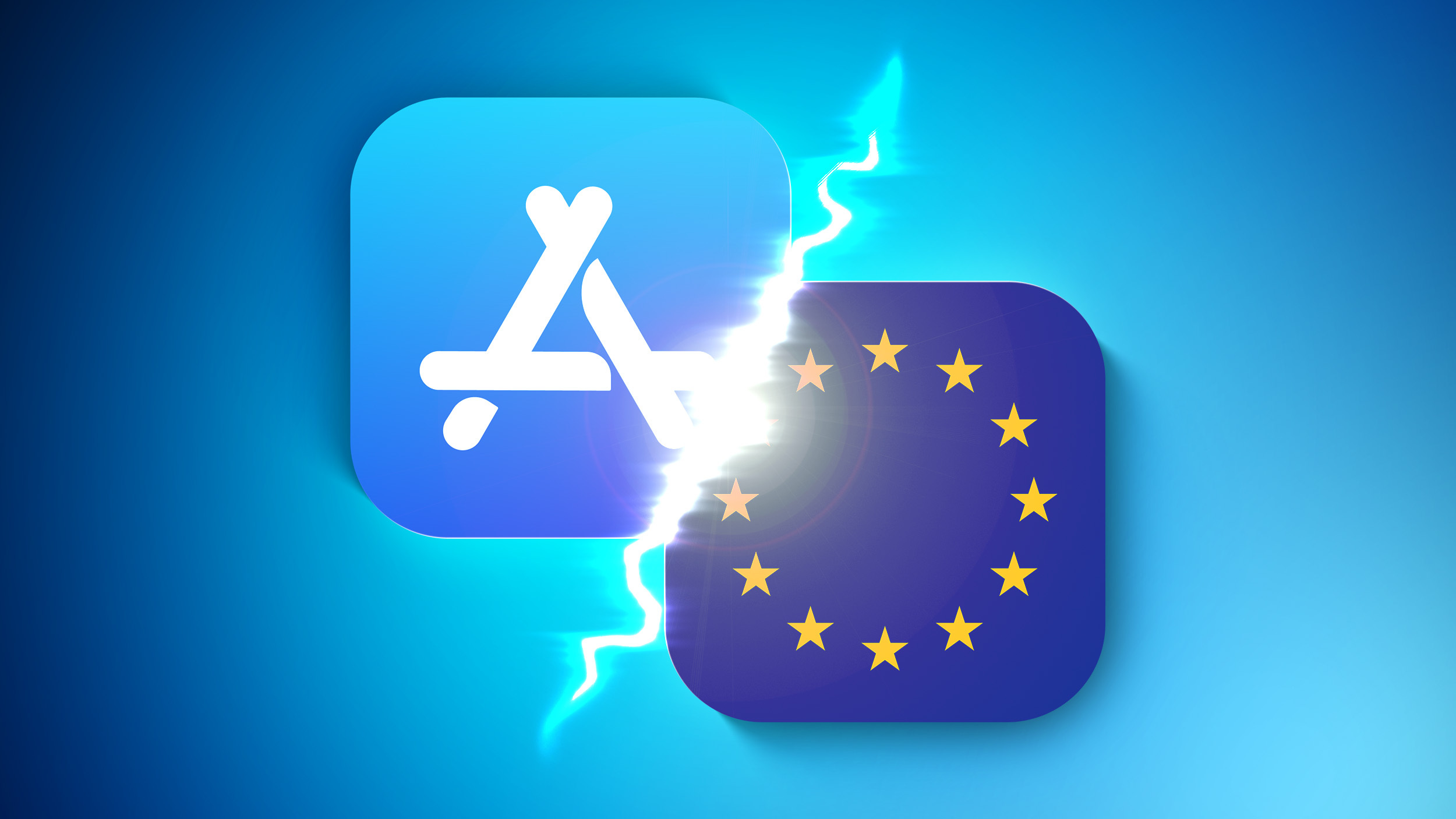Apple Challenges 'Unprecedented' €500M EU Fine Over App Store Steering Rules
Apple Fights Back Against €500 Million EU Fine
Apple is challenging a hefty €500 million (approximately $570 million USD) fine imposed by the European Union (EU). The EU alleges that Apple violated the Digital Markets Act (DMA), a set of regulations designed to promote competition and fair practices in the digital marketplace. This significant fine stems from restrictions Apple placed on app developers regarding how they can inform users about purchasing options outside the Apple App Store.

The Core of the Dispute: App Store Steering
The heart of the EU's case against Apple centers around the concept of "steering." The EU argues that Apple's rules prevented app developers from freely directing users to alternative purchase options outside the App Store. In essence, Apple was accused of limiting consumer choice and hindering competition by making it difficult for developers to highlight cheaper or more convenient options available elsewhere.
The European Commission (EC), the EU's executive branch, stated clearly in its ruling that app developers should have the complete freedom to inform their customers about cheaper alternatives available outside the App Store, guide them to these alternatives, and enable users to make purchases through these alternative channels. The Commission believed that this restriction violated the principles of fair competition outlined in the DMA.
Apple, however, strongly disagrees with the EC's interpretation and the severity of the fine. In a statement, Apple declared the fine “unprecedented” and claimed that the EC's decision exceeds the requirements of the law. They argue that the EC is essentially dictating how Apple should operate its App Store, imposing business terms that are both confusing for developers and ultimately detrimental to users.
Today we filed our appeal because we believe the European Commission's decision--and their unprecedented fine--go far beyond what the law requires. As our appeal will show, the EC is mandating how we run our store and forcing business terms which are confusing for developers and bad for users. We implemented this to avoid punitive daily fines and will share the facts with the Court.
Apple's Response and Changes to the App Store
Facing the possibility of even larger daily fines, Apple chose to comply with the EC's initial ruling while simultaneously launching its appeal. This involved significant changes to its App Store policies in the EU. By the end of June 2025, Apple implemented the necessary modifications to its App Store rules, allowing apps distributed through EU storefronts to include links to external offers and alternative purchase options that bypass Apple's in-app purchase system. This crucial step effectively removed the restrictions at the center of the EU's complaint.
New Fee Structure in the EU
Along with changes to its steering rules, Apple also introduced a revised fee structure for app developers in the European Union. This new system, effective January 1, 2026, features a tiered approach, allowing developers to select a level of service that aligns with their needs and budget. The new system incorporates three fees: a Core Technology Commission, an initial acquisition fee, and a store services fee. The specific costs vary depending on the level of App Store services chosen.
This tiered structure offers developers more flexibility. A Tier 1 option provides basic services at a lower cost, omitting features like automatic updates, ratings, reviews, search suggestions, and marketing analytics. Tier 2, on the other hand, includes the full suite of current App Store services at a higher price point. Tier 1 is mandatory; Tier 2 is optional.
Apple asserts that the creation of this tiered system was a direct response to the EC’s demands for more affordable options for developers. The EC specifically instructed Apple to allow developers to opt out of certain services, leading to the removal of search and browse functionalities from the mandatory Tier 1 package. This suggests that the new system is a direct response to the EC’s pressure for greater competition and fairness.
Apple's Appeal Arguments
Apple’s appeal will likely center on two key arguments. Firstly, Apple will contend that the EC’s decision oversteps its authority by essentially dictating how Apple should run its App Store. They will argue that the commission is going beyond what is legally required by the DMA and interfering with Apple's business operations. Secondly, Apple will probably argue that the EC has broadened the definition of "steering" beyond its intended scope within the law. This will involve demonstrating that Apple's previous policies did not actively manipulate consumer choices in a manner that constitutes an anti-competitive practice under the DMA.
The Broader Implications
This case has far-reaching implications for the tech industry and the future of app store regulations. The outcome will significantly impact how other large tech companies operate their app stores and interact with app developers within the EU. The dispute highlights the growing tension between regulators and large tech companies over fair competition and consumer protection in the digital economy. The legal battle ahead promises to provide further clarity regarding the scope and implications of the DMA, shaping the future of app store policies globally.
The outcome of this appeal will not only determine the fate of Apple’s substantial fine but will also serve as a significant precedent for other tech companies facing scrutiny under the DMA and similar regulations worldwide. The case underscores the ongoing evolution of the digital landscape and the challenges involved in balancing innovation, competition, and consumer protection.
This article, "Apple Challenges 'Unprecedented' €500M EU Fine Over App Store Steering Rules" first appeared on MacRumors.com
Discuss this article in our forums
from MacRumors
-via DynaSage

